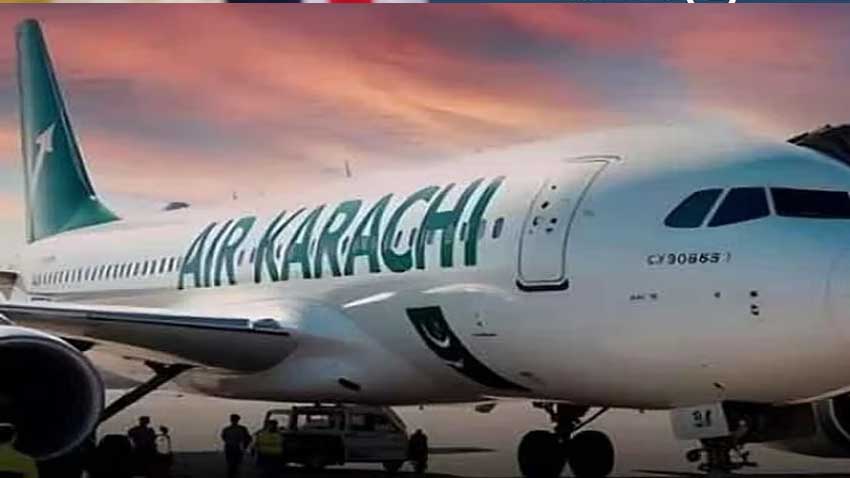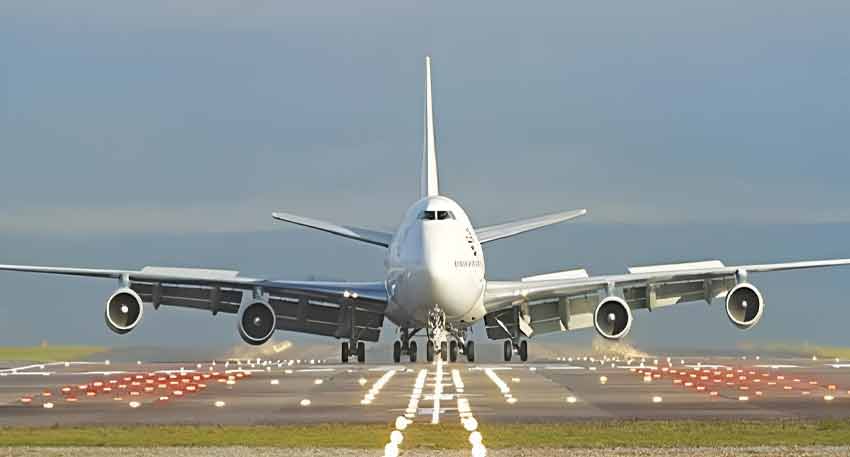
Pakistan’s newest private airline, Air Karachi, is ready to shake up the skies. With its headquarters in Karachi, the country’s economic hub, the airline is set to begin domestic operations — and international destinations may not be far behind.
Led by retired Air Vice Marshal Syed Imran Majid Ali, Air Karachi is launching with three leased aircraft and an initial investment of Rs5 billion. Backed by business heavyweights and modeled after AirSial’s successful blueprint, this airline aims to connect Pakistan’s underserved routes with ambition and discipline.
Prominent Karachi businessmen including Aqeel Karim Dhedhi (AKD Group), Arif Habib (Arif Habib Limited), Bashir Jan Muhammad, Khalid Tawab, Zubair Tufail, Hanif Gohar, and Hamza Tabani have each invested Rs50 million. Further funding rounds are expected, according to Travelsdubai.com.
CEO Syed Imran, once Southern Commander of the Pakistan Air Force, is steering the airline with a blend of military precision and commercial vision. The Federation of Pakistan Chambers of Commerce and Industry (FPCCI) has publicly endorsed Air Karachi, calling it a step towards national economic resilience.
Read more: Crackdown on traffic violations: Sindh approves Rs100,000 fine for wrong-side driving
The airline has completed all SECP and Civil Aviation Authority formalities and plans to target domestic business corridors and underserved routes first. As the fleet grows and approvals roll in, global routes are firmly on the radar.
Affordability, reliability, and customer-centric service define Air Karachi’s promise. And with Karachi’s status as an economic powerhouse, stakeholders believe the city is finally getting an airline that reflects its commercial stature.
Air Karachi’s emergence underscores a pivotal shift in Pakistan’s aviation landscape — where private capital meets national ambition. With strong financial backing, seasoned leadership, and a clear roadmap, it isn’t just another airline — it’s a statement of Karachi’s rising influence in aviation. However, success will depend on delivering consistent service, navigating regulatory challenges, and achieving international clearances in a highly competitive space.




